With the growing desire to look our best, one of the impactful elements of our appearance we can upkeep is our teeth. Having our oral health be the best it can be will give us confidence in our smiles, causing us to show them off more. Of course, there will always be some dental issues that we can’t fix with the usual brush and floss method. When those issues arise, that’s when we turn to the professionals. In this case, we will be talking about two specific professionals in the dental field, a Dentist and a Dental Hygienist. Let’s see how they differ.
What Is A Dental Hygienist’s Job?
Dental hygienists require special training to earn their licenses like other medical professionals. When compared to the duration of a dentist’s training, a hygienist’s training is significantly shorter. Upon completing the necessary program, a hygienist must pass an exam to receive their license. This license gives them the capability to practice anywhere within their current state. This license allows a hygienist to add the letters R.D.H. to the end of their name, which stands for Registered Dental Hygienist.
Upon visiting your dental clinic, the first person you’ll be visited by is the hygienist. They’re a vital part of the dentist’s support team. They examine your oral cavity and jot down notes regarding any oral issues they may see. These notes are then provided to the dentist, as the hygienist does not diagnose the issues. A hygienist will also provide skills and products that you can utilize to maintain your oral health.
What Is The Job Of A Dentist?
Known in the medical field as Doctors of Dental Surgery (D.D.S.), Dentists are responsible for the more surgical aspects of dentistry. They study longer than a hygienist due to their profession’s increased risks. Dental specialization requires added training, teaching dentists how to care for specific concerns. A Periodontist is an excellent example of this, as they specialize in the care of the gums and gum-related issues, while an Orthodontist treats misaligned and curved teeth.
Like their hygienists, dentists require a license to practice within their state. Upon completion of the licensing program, dentists can add the letters D.D.S. to the end of their name, signifying that they are licensed professionals. While there are similarities in the jobs of a dentist and a hygienist, there are also significant differences. Below are a few examples:
- Analyzing Patient Information Provided By The R.D.H.: Dentists use the information provided by their hygienists to develop a treatment plan for any dental issues a patient may be experiencing.
- Administering The Clinic: On top of their surgical duties, a dentist has to ensure that their clinic runs like a well-oiled machine. This administration ensures that everything is organized and that patients are promptly met.
Regardless of their differences in tasks and skills, dentists and hygienists work toward the same goals. Ensuring their patients get seen and treated with the best possible outcomes. If you’re encountering any oral health issues, schedule an appointment as soon as possible with your dentist.



